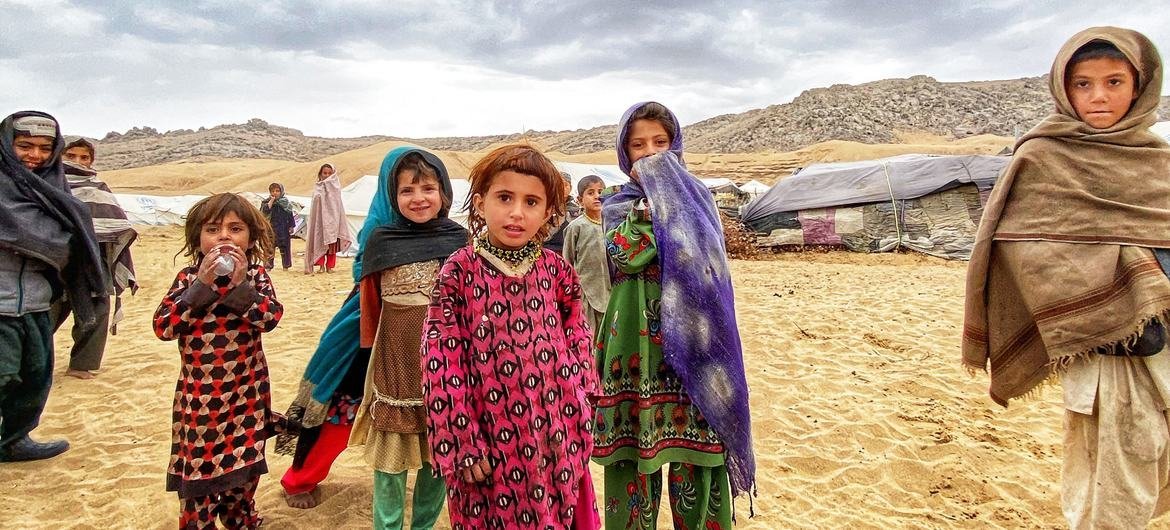
Which Women’s Rights? Exploring Gender and Peace in Afghanistan
Rural villagers understood girls’ access to education and women’s economic opportunities outside the home as indicators of everyday peace.

Creating the “Problem of Extremism”
The turn from the GWOT to CVE, with its focus on prevention, broadened the monitoring mandate of security agencies, enabling them to apply tactics based on the assumption that anyone (but mostly the most traditionally marginalized) can be a potential “terrorist” or “extremist,” thereby justifying surveillance, intelligence gathering, and other civil rights violations of so-called suspects.
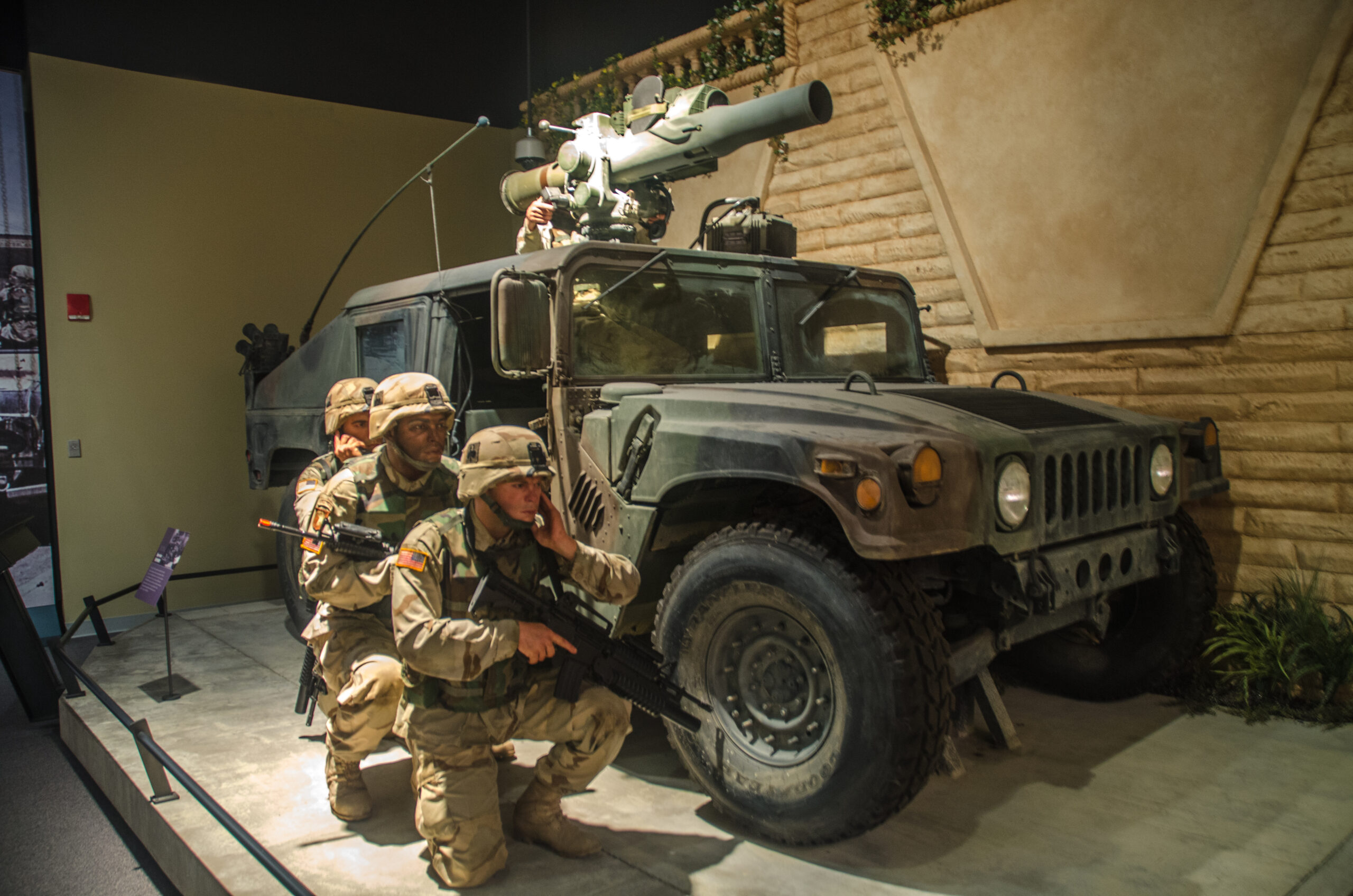
The Human Experience of Counterterrorism in the Global War on Terror (GWOT)
Violence prevention policy-making must start from an understanding of the lived experience of communities most affected by the GWOT in order to not be complicit in harmful and structurally racist policies.
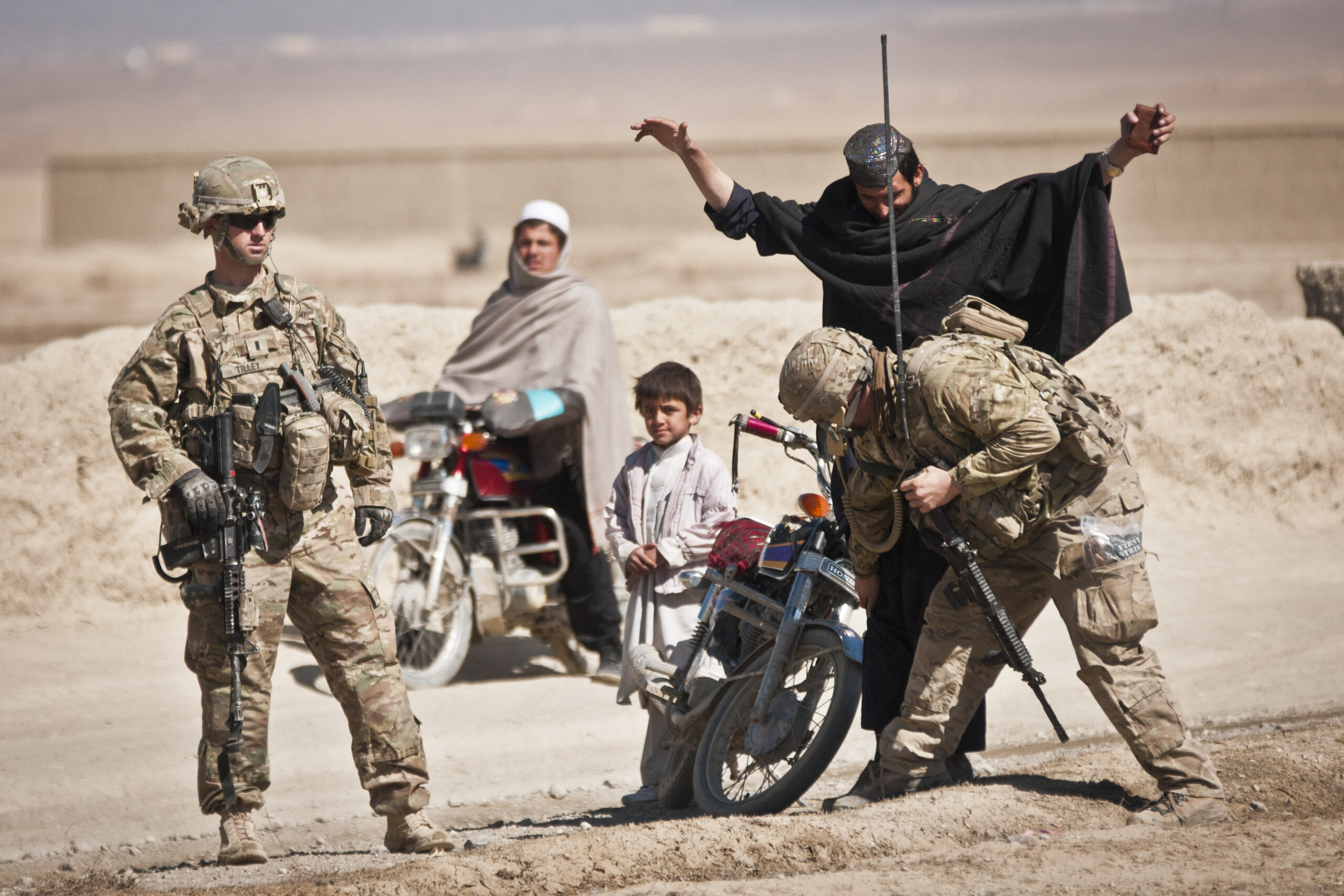
How Successful Was the Global War on Terror? Evidence of a Backlash Effect
The backlash of retaliatory transnational terrorist attacks experienced by coalition countries demonstrates the Global War on Terror did not meet its key objective of keeping citizens safe from terrorism.

“There is no military solution.” Time to get real about it.
by Patrick T. Hiller “There is no military solution to the conflict.” That was the conclusion reached by the Biden administration earlier this year, which set into motion the plans for the withdrawal of all U.S. troops from Afghanistan by the end of August. Nearing the termination of this process, in a few short days we witnessed the … Read more

How International Law Facilitates the Bombing of Civilians in the U.S. War on Terror
The Obama Administration constructed the concept of frontier territories—areas that are out of state control but fall within a state’s territorial boundaries—to “sidestep legal constraints” in the use of military force and “cover up what many would consider extra-legal behavior” in U.S. drone warfare.

120 Organizations Worldwide Call for a Moment of Silence at the Olympics
We are proud to join with 120 organizations across the world and call on @iocmedia to remember the inhumane use of nuclear weapons against the people of Hiroshima on it’s 76th anniversary this August 6th. A moment of #OlympicSilence is the least we can do. https://beyondthebomb.org/campaigns/ioc/ See the press release: https://beyondthebomb.org/120-groups-join-in-call-for-olympic-moment-of-silence/
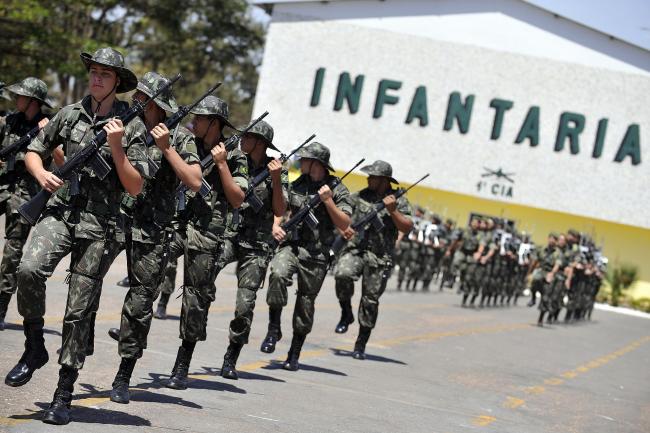
Militarization Through Civilian National Security Neglect
In Brazil, civilian authorities failed to advance a comprehensive national security policy and deferred to the military in the areas of intelligence, public safety, and border control—which help to maintain military priorities in the security sector and expand the military’s role in public life.

How Security Discourses Shape Responses to Environmental Insecurity
Whether and how issues—including environmental issues—are “securitized” (framed and understood as security concerns) matters for how these are subsequently addressed, especially since naming something as a security concern tends to demand urgent action.
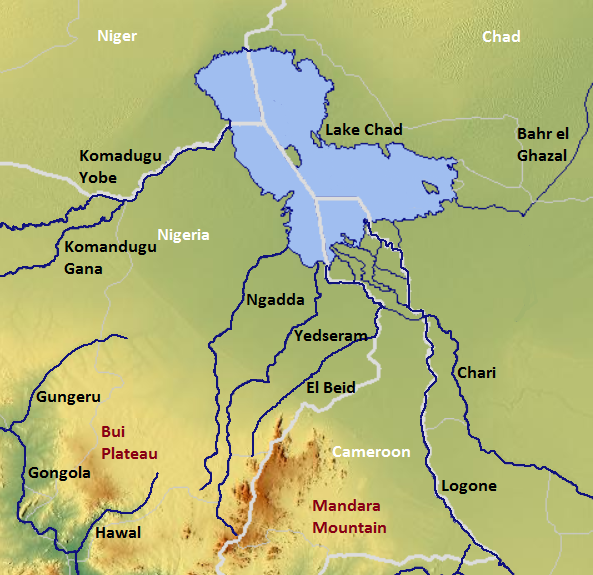
Military Response to Boko Haram Has Prolonged Conflict in Lake Chad Region
The Nigerian military response and local politics contribute more to the resilience of Boko Haram and the protraction of the conflict in the Lake Chad region than Boko Haram’s affiliation with the Islamic State does.

Repeal of 2002 Authorization for Use of Military Force (AUMF) in Iraq. More can be done to end forever wars and achieve authentic security
FOR IMMEDIATE RELEASE Monday, June 21, 2021 Contact: Kelsey Coolidge; kelsey@jubitz.org War Prevention Initiative: “Repeal of 2002 Authorization for Use of Military Force (AUMF) in Iraq. More can be done to end forever wars and achieve authentic security.” PORTLAND, OR – The U.S. House of Representatives voted in a bipartisan fashion to repeal … Read more
